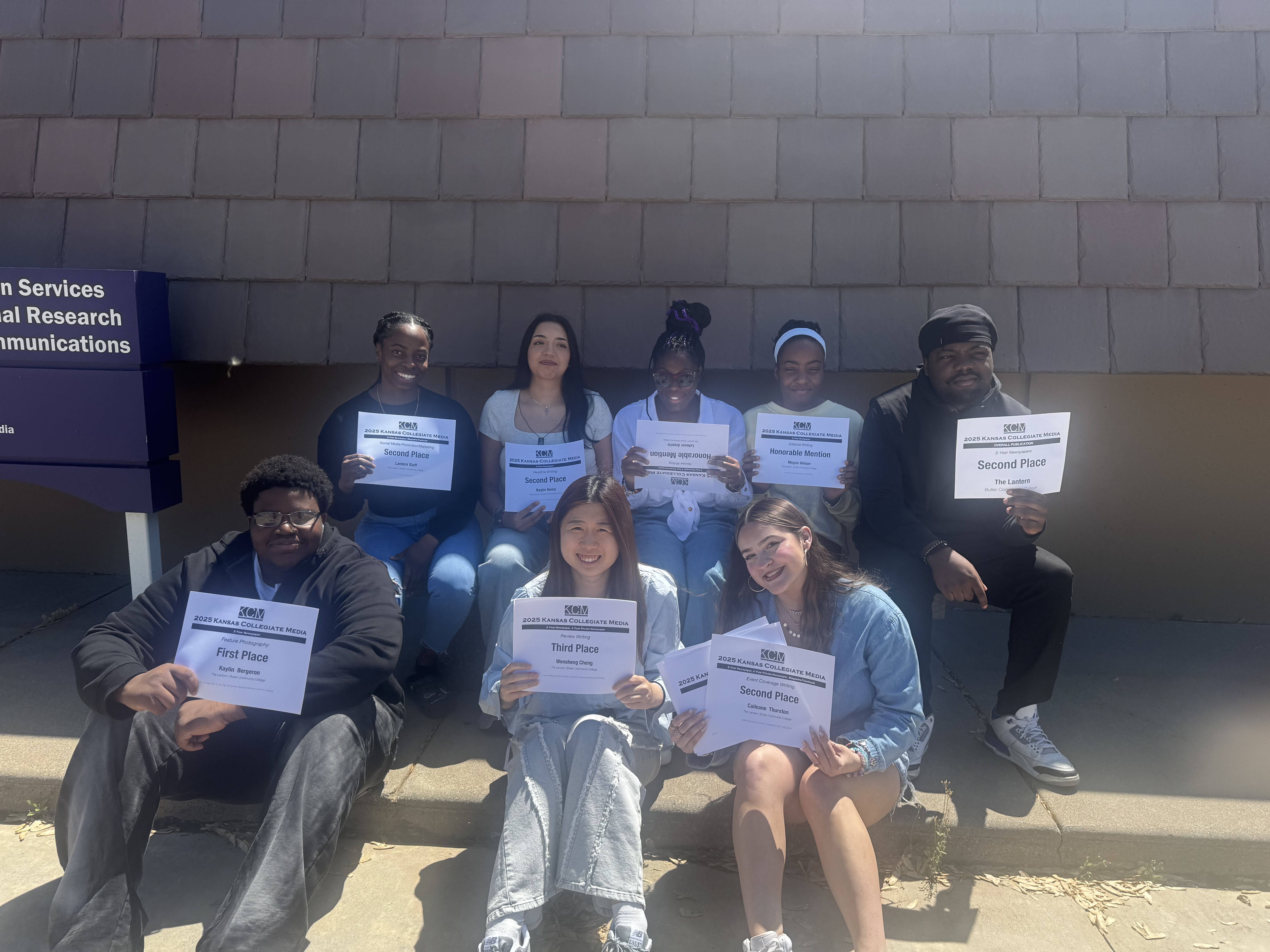
Diverse Opinions on Professional Media and Journalism Ethics
Everyday the world is being impacted by the spread of misinformation. Journalists play a major role in society that discusses the pursuit of the truth. Knowing the real truth and facts, gives relevant news and information to the people. For example, some student publications have been shut down because they wrote about something that told the truth about that topic. People around the world should continue to have the right to be able to share truths. More protection for journalists will help journalists be protected from being forced to identify confidential sources, rumors, violence and more.

Journalists are responsible for what they publish and backing up their stories with accurate information. Journalists are also responsible for writing stories that share about real events using a fair, unbiased perspective. They can freely share information and news to the public and educate them. According to the Office of the High Commissioner for Human Rights (OHCHR), there has been a rise in the number of attacks against the safety of journalists as well as, freedom of expression, violence, arrest, imprisonment and more. These could be more possible criticisms of journalists when not protected.
According to the United Nations Educational, Scientific and Cultural Organization (UNESCO), every five days a journalist is killed for bringing information to the public.
Ethical considerations in media and journalism have become paramount, with the need for unbiased reporting, media literacy and combatting the rampant spread of misinformation at the forefront of discussions. The public relies on journalists to present facts objectively, without bias or influence. However, in today’s society maintaining impartiality has become increasingly challenging. News outlets are often accused of favoring certain narratives or ideologies, which erodes trust in the media and undermines its credibility.
The impact of misinformation cannot be overstated. False or misleading information has the potential to sow discord, manipulate public opinion and undermine democratic processes. Journalists must actively combat misinformation by verifying sources, corroborating information and providing context to stories. In today’s digital age, the role of media in shaping public opinion is more influential than ever before. Social media platforms amplify the reach of news stories, making the dissemination of information instantaneous and widespread. Journalists must be mindful of the impact their reporting can have on public discourse and civic engagement. They have a duty to report truthfully.
Ultimately, the responsibilities of journalists in today’s digital age extend beyond simply reporting the news. They are entrusted with safeguarding the integrity of information, promoting media literacy and upholding ethical standards. By adhering to these principles, journalists can fulfill their vital role in fostering an informed and engaged citizenry, thereby strengthening democracy and promoting the public good.
Upholding principles of unbiased reporting, promoting media literacy, and combating misinformation are essential in maintaining the integrity and credibility of the press. Journalists play a pivotal role in shaping public opinion and must embrace their responsibilities with diligence and integrity. Only by adhering to ethical standards can the media fulfill its duty to inform, educate and empower the public. Journalists everyday are encouraged to speak out and share for the greater good. To provide citizens with the information they need to better their lives, their societies and governments. Bringing change to the world, and seek to know the truth in all situations possible.
